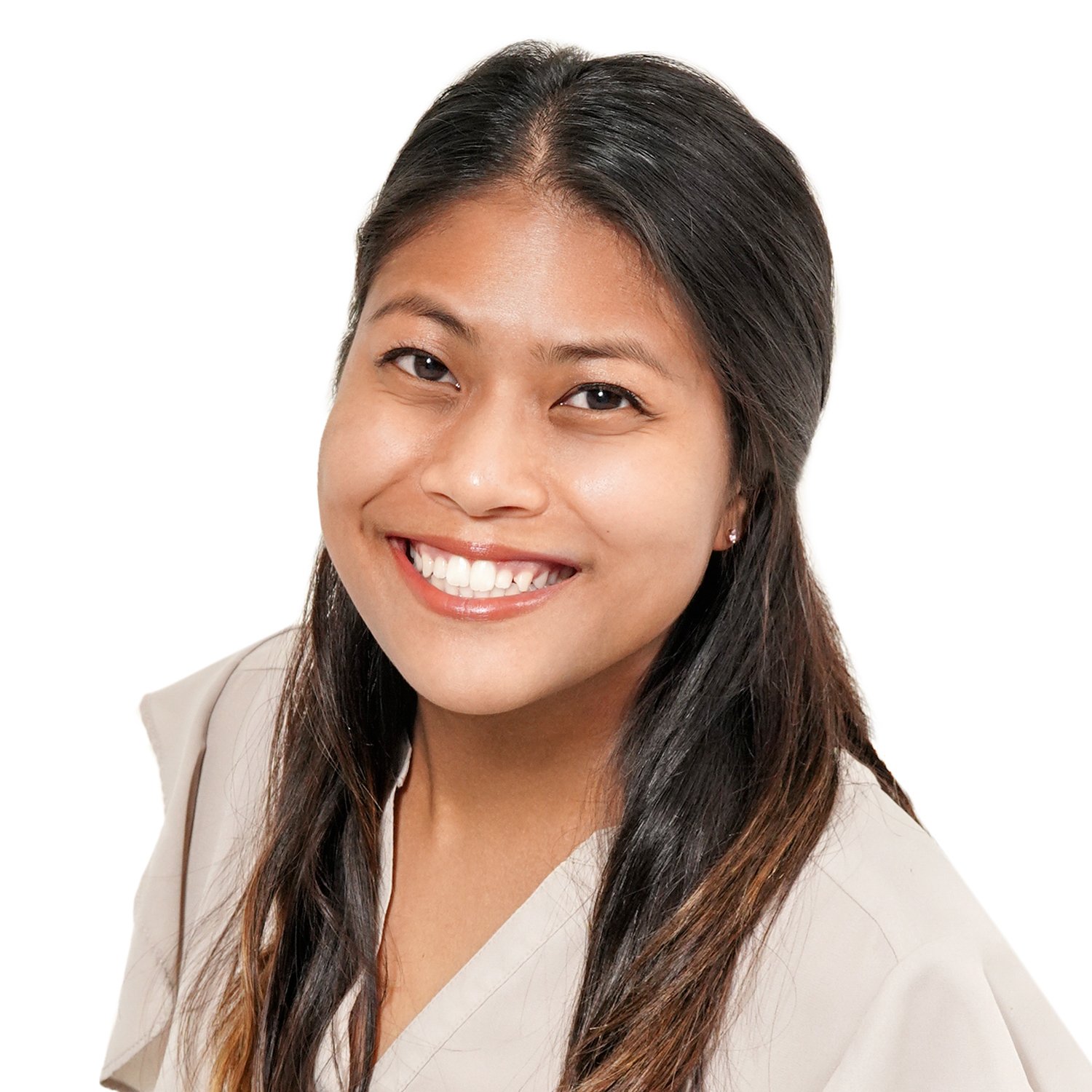
All of us from Silicon Valley Wealth Advisors are precisely where we have always been, right here in San Jose and Half Moon Bay, although we have recently formed an exciting new partnership with award-winning, California-based, fiduciary advisor, Allworth Financial.
Founded over 30 years ago by Scott Hanson and Pat McClain, Allworth Financial not only mirrors our devotion to client satisfaction, financial well-being, and education, but also recently had a fourth “Best in Class” designation bestowed upon them by the National Business Research Institute, which ranks Allworth among the most admired brands in the entire financial services industry.
As mentioned above, our offices remain located at 3190 S. Bascom Avenue, Suite 210, San Jose, CA, 95124 and 755 Main Street, Half Moon Bay, CA 94019.
We will have new email addresses, but in the interim, you can continue to contact us by phone at (408) 688-0888.
You have been redirected to the Allworth Financial website, where you will find all of us from SVWA awaiting the opportunity to help you reach your financial and investment goals, and, of course, working together to help you navigate any life transitions.
Most importantly, we want to thank you for the trust and confidence you have placed in us. With the added resources and technologies introduced by Allworth Financial, we will soon be able to offer you even more services, and each of us at Silicon Valley Wealth Advisors feels honored to be able to continue to serve as your partner, friend, and advisor.
Please let us know if you have any questions. We look forward to seeing you soon!
You can learn more about our partners at Allworth Financial, here.
Client Logins
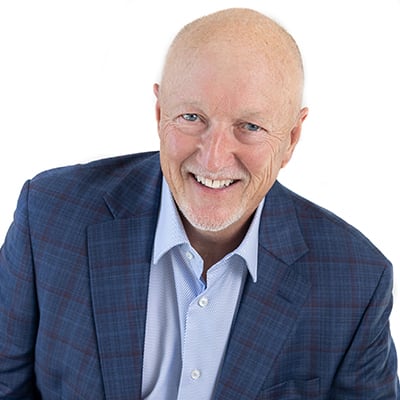
Tracy Lasecke
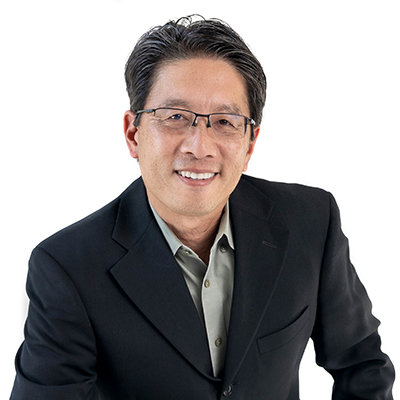
Scott Yang
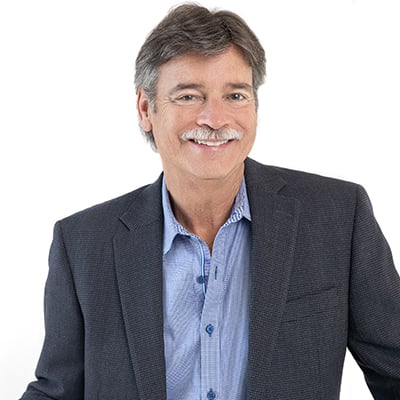
Scott Ponder
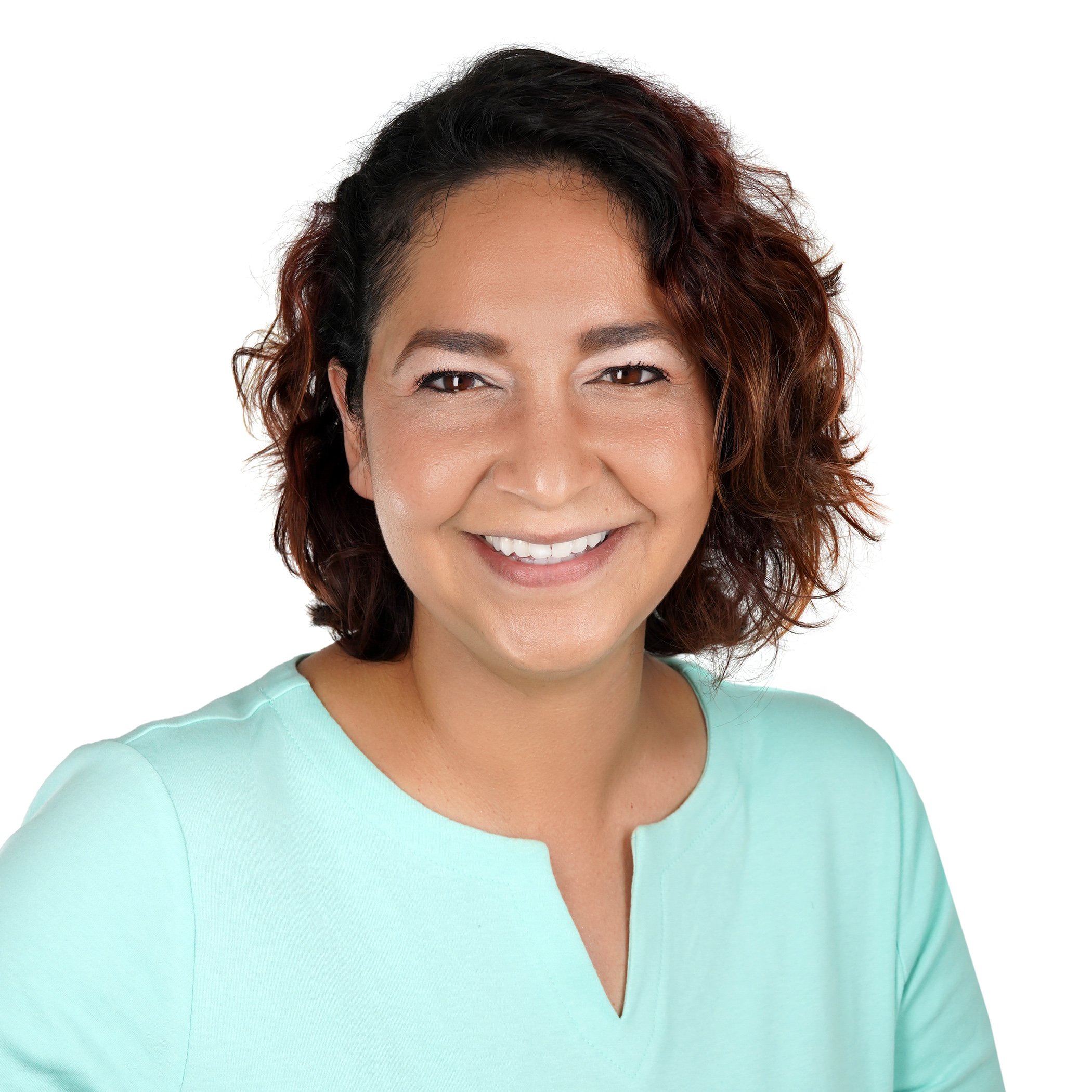
Monique Ruiz

Charles Tran
